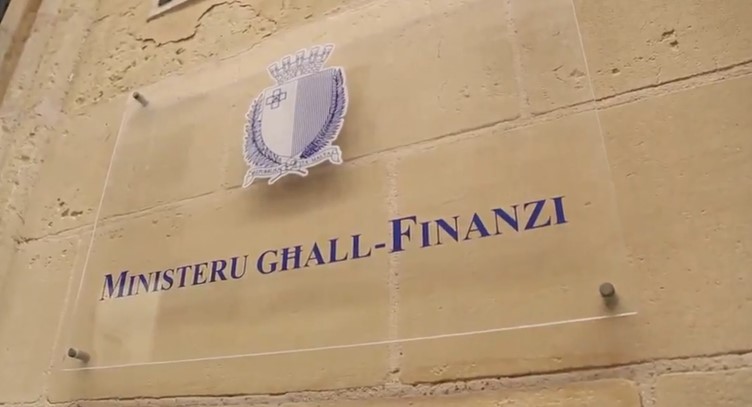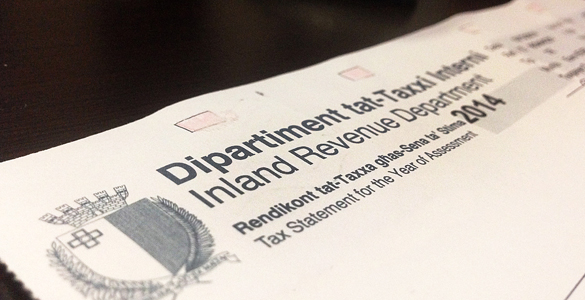The last two issues of Maltese sovereign bonds, known as Malta Government Stock, did not see the same demand as that shown in 2021, although the extent to which this may pose a problem to the Government’s ability to conduct its business is limited by a relatively untapped foreign market for such debt.
Whereas 2021’s stock issues were largely oversubscribed, those released this year have struggled to generate much interest.
Paul Bonello, managing director of Finco Treasury Management Ltd, believes that the lower domestic demand for recent issues of MGS is due to the competition posed by the increasing prevalence of corporate bond issues, both on the Malta Stock Exchange as well as the Prospects division [a section of the MSE for small-cap companies].
“The Malta Government Stock is of a high quality, supported by strong economic metrics, as evidenced by the scores of the credit rating agencies,” he says, in comments made to BusinessNow.mt.
“Yet most of the investing public is giving preference to private bonds, some of which is of dubious credit quality, for a fraction of interest higher,” he continued.
“Indeed presently there is almost, one can say, a glut of private bond issues.”
The experienced stockbroker says that the trend of companies approaching the public for financing carries some worrying aspects, not least of which is the fact that unsophisticated investors are ultimately left to decide on a company’s credit-worthiness on their own.
With around €335 million of debt coming due next year, the question is whether the Government could plausibly find it difficult to make good on its obligations while maintaining the high levels of spending promised in the 2023 Budget, especially in relation to the energy and fuel subsidies Maltese companies depend on.
However, Mr Bonello dismisses the concern, arguing that Government “will no doubt continue to find willing buyers for its bond issues, which are forecast to continue increasing in order to satisfy the gap between its revenue and expenditure”.
“I believe that, as always, local demand will suffice. However, if there should be any shortfall or difficulty, Malta will find no difficulty raising funds on the international market, given its credit standing and the interest yield, which is perfectly in line with its counterpart government issuers on the international market.”
He concluded: “Malta Government has barely scratched the surface of the available funding internationally.”
Indeed, foreign interest in Maltese sovereign debt seems high, with the share of the national debt owned by foreign interests rising from 12.1 per cent in 2017 to 18.2 per cent in 2020 and 23.8 per cent in 2021.
Much of this is held by the European Central Bank which, through its Pandemic Emergency Purchase Programme, launched in a bid to shore of national finances in the face of the severe shock caused by the spread of COVID-19, purchased around €300 million in Maltese sovereign debt between March 2020 and July 2021.
Whether the share of the national debt owned by foreign agents will continue to increase as local investors opt to put their money into corporate bonds remains to be seen.
Malta Government Stock issues 2021-2022
In November 2022, the Government issued €200 million in MGS, with an additional amount of €150 million available in case of oversubscription, for a total availability of €350 million. However, the bids it received had a total value of €217.5 million, eventually allocating €215.4 million.
This followed a bond issue in July 2022, which was made up of an authorised sum of €150 million, with up to an additional €100 million available in case of oversubscription, for a total availability of €250 million. The actual allocation, however, was of €200.6 million.
This demand is far lower than that observed in November 2021, when a total availablity of €300 million received bids reaching €317 million, eventually resulting in a total allocation of €275 million.
Similarly, September 2021’s MGS issue, with up to €220 million in sovereign debt up for grabs, saw bids amounting to €290.3 million.
July 2021’s stock issue, of up to €300 million, received €313.1 million in bids, while May 2021’s issue, again of up to €300 million, received €393.3 million in bids.
The demand for February 2021’s issue of Maltese sovereign debt was even higher, with the €300 million on offer receiving bids with a total value of €408.8 million.
The falling demand, despite increasing interest rates, tells a story of an investing public drawn away from the rock-solid yields of Maltese Government Stock to the (marginally) more lucrative (yet unsecured) promises of the private sector.
Top 5% of taxpayers responsible for one-third of all income tax paid in Malta
On the other hand, the bottom third of income earners pay just 1.7% of all income tax generated
The Malta Institute of Accountants prepares for its 2024 Anti-Money Laundering Conference
Held at the Radisson Blu, St Julians, this latest AML Conference promises to bring exclusive insights on new procedures
Eurozone interest rates to remain unchanged
The European Central Bank noted that price pressures remain persistent






